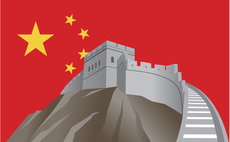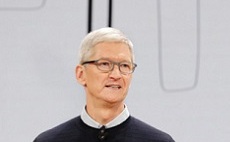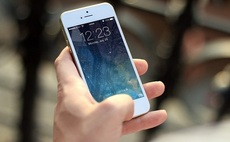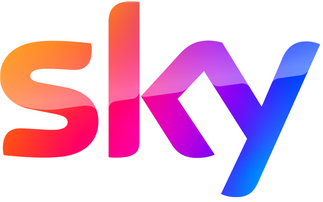Administrators to the bust mobile phone chain have said that they will not refund people who pre-ordered an iPhone 6 - despite earlier promises
Customers of defunct mobile phone chain Phones4U who pre-ordered a new iPhone 6 via the company will not get their money back, contrary to promises made when the company went into administration ea...
To continue reading this article...
Join Computing
- Unlimited access to real-time news, analysis and opinion from the technology industry
- Receive important and breaking news in our daily newsletter
- Be the first to hear about our events and awards programmes
- Join live member only interviews with IT leaders at the ‘IT Lounge’; your chance to ask your burning tech questions and have them answered
- Access to the Computing Delta hub providing market intelligence and research
- Receive our members-only newsletter with exclusive opinion pieces from senior IT Leaders





















